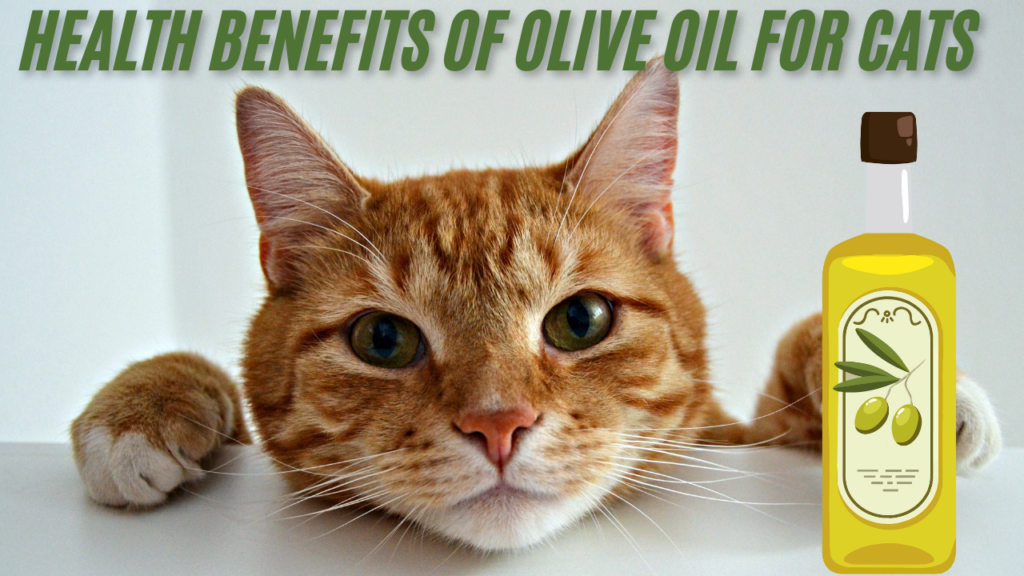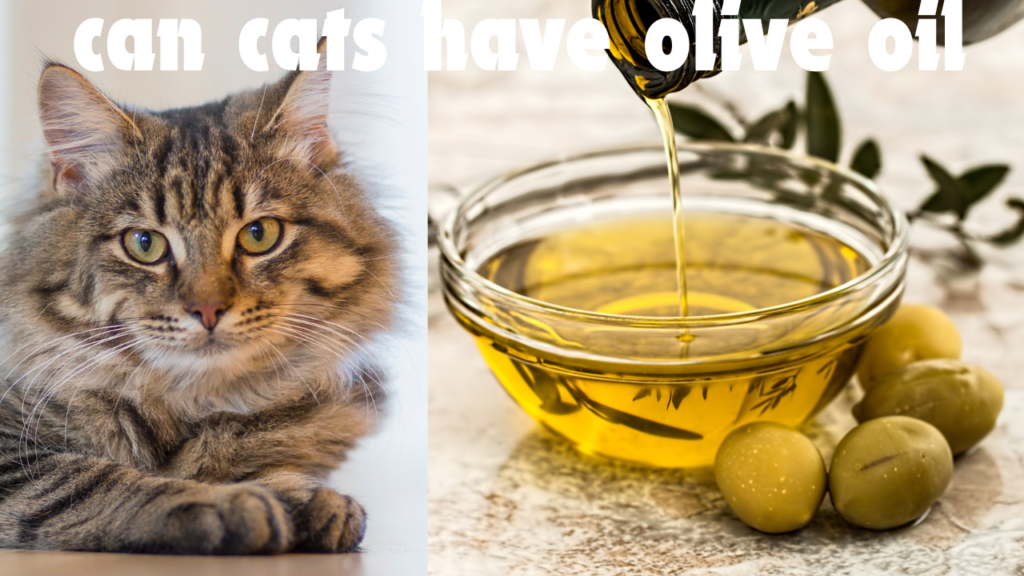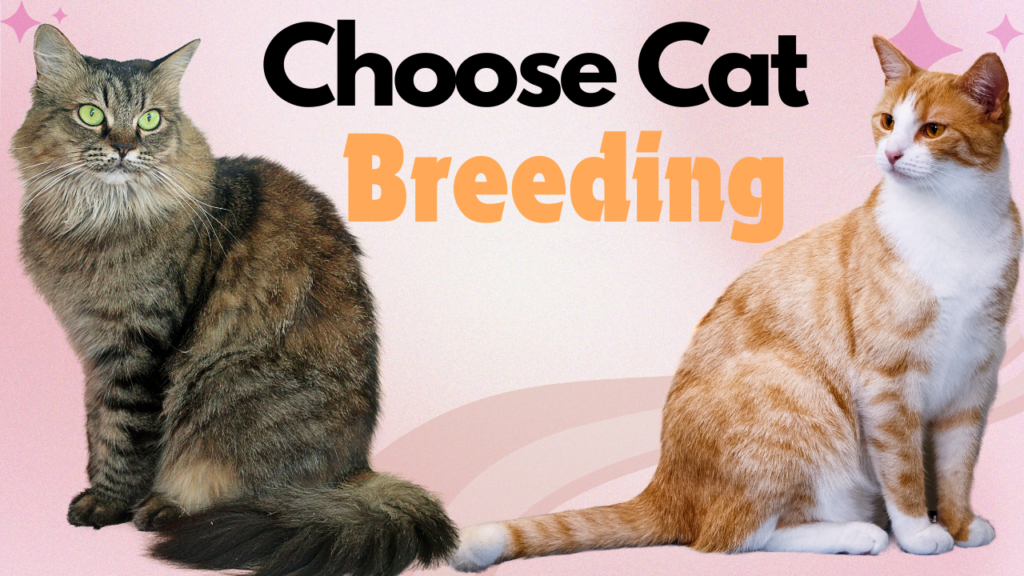As responsible pet owners, we often seek the best ways to improve our feline friends’ health and well-being. One commonly debated topic is the use of olive oil in a cat’s diet. Is olive oil safe for cats? Can it provide health benefits? In this detailed article, we explore whether cats can have olive oil, the potential advantages, risks, and how to introduce it safely.
What is Olive Oil and Why is it Popular in Pet Care?
Olive oil, a staple of Mediterranean cuisine, is extracted from olives and is prized for its rich flavor and health benefits. Packed with healthy fats, antioxidants, and vitamins such as E and K, olive oil is increasingly considered a natural remedy for various pet health issues.
For cats, olive oil’s nutritional profile raises questions about its suitability as a dietary supplement. While humans benefit from its cardiovascular and anti-inflammatory properties, it’s crucial to understand how these benefits translate to our feline companions.
Is Olive Oil Safe for Cats?
Olive oil is typically safe for cats when given in small, controlled amounts. However, it should never replace a balanced and species-appropriate diet. Cats are obligate carnivores, relying primarily on meat as their main source of nutrition. While olive oil can complement their diet, it cannot fulfill essential nutritional requirements.
Types of Olive Oil to Use
- Extra Virgin Olive Oil (EVOO): The highest-quality and least processed type, rich in nutrients and antioxidants.
- Refined Olive Oil: More processed and less nutrient-dense, but still usable in small quantities.
Always choose organic, high-quality olive oil free from additives or preservatives.
Health Benefits of Olive Oil for Cats
1. Promotes a Healthy Coat and Skin
Olive oil contains essential fatty acids that can enhance a cat’s coat, making it shinier and less prone to dryness or dandruff. Its moisturizing properties help alleviate minor skin irritations.
2. Supports Digestive Health
For cats experiencing occasional constipation, olive oil acts as a natural lubricant, promoting smoother bowel movements. However, it is not a substitute for veterinary treatment in severe cases.
3. Boosts Immune System
The antioxidants in olive oil, particularly vitamin E, help reduce oxidative stress and support a strong immune system. These antioxidants may also contribute to long-term health and vitality.
4. Maintains Joint Health
Olive oil’s anti-inflammatory properties may alleviate discomfort in cats with arthritis or joint stiffness, especially older cats.
5. May Aid in Hairball Management
Cats that groom excessively often ingest hair, leading to hairball formation. Olive oil can help reduce hairball buildup by improving digestion and lubricating the gastrointestinal tract.

Risks and Precautions of Olive Oil for Cats
1. Overconsumption Can Lead to Obesity
Olive oil is calorie-dense, and excessive consumption can contribute to weight gain, especially in sedentary or older cats.
2. Possible Digestive Upset
Some cats may experience diarrhea or vomiting if given too much olive oil. Always introduce it gradually to avoid adverse reactions.
3. Not Suitable for Cats with Pancreatitis
Cats with pancreatitis or fat intolerance should avoid olive oil, as it can exacerbate the condition due to its fat content.
4. Risk of Allergic Reactions
Although uncommon, some cats may show sensitivity to olive oil. Monitor for signs like itching or digestive discomfort when first introduced.
Steps for Safely Adding Olive Oil to Your Cat’s Diet
1. Start Small
Introduce olive oil in tiny amounts, such as 1/4 teaspoon mixed into your cat’s regular food.Watch for any indications of digestive discomfort in their response.
2. Frequency of Use
Offer olive oil no more than 2–3 times per week. Daily use is unnecessary and could lead to overconsumption.
3. Combine with Wet Food
Mixing olive oil with wet food ensures even distribution and makes it easier for your cat to consume.
4. Consult Your Veterinarian
Before making any dietary changes, consult your veterinarian. They can help you determine the appropriate amount and ensure it aligns with your cat’s overall health plan.
Alternatives to Olive Oil for Cats
If olive oil doesn’t suit your cat, consider these alternatives:
- Fish Oil: abundant in omega-3 fatty acids , promotes the health of the heart,joints,and skin
- Coconut Oil: Provides antibacterial properties and can aid in skin hydration.
- Pumpkin Puree: A natural source of fiber to support digestive health.
- Specialized Cat Supplements: Tailored supplements formulated specifically for feline nutrition.
When to Avoid Olive Oil for Cats
Avoid using olive oil if your cat:
- Is on a low-fat diet for medical reasons.
- Has a sensitive stomach or history of pancreatitis.
- Shows any allergic reaction upon introduction.
Final Thoughts on Olive Oil for Cats
When used appropriately, olive oil can provide various health advantages for cats. Its ability to support skin health, digestion, and immune function makes it a valuable supplement for occasional use. However, it is not a substitute for veterinary care or a balanced diet. Moderation and professional guidance are essential to ensure your cat reaps the benefits without any adverse effects.
For cat owners considering olive oil as a dietary addition, the key lies in knowing your pet’s unique needs and responding accordingly. Always prioritize their health and safety, making informed decisions alongside your veterinarian.
# : READ ANOTHER POSTS
1 : How to Measure Your Cat’s Heart Rate While Purring: A Comprehensive Guide
2 : Why Are Female Cats Good Hunters?
3 : Can Cats Eat Donuts? A Guide to Feline Nutrition and Health Risks


